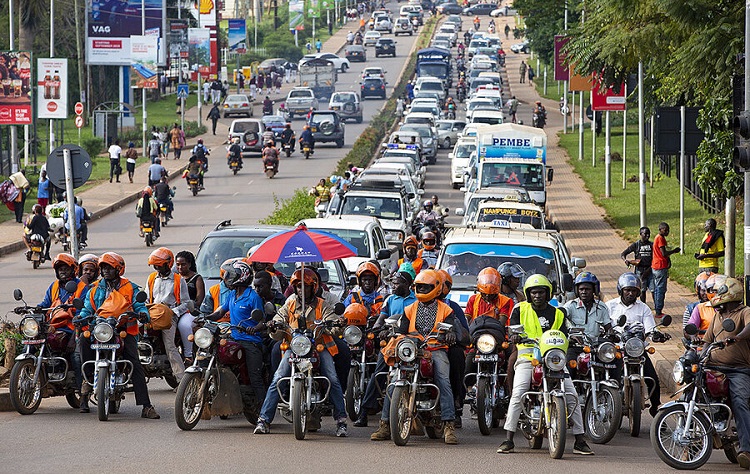Kenyan economy has been described using many terms and phrases. Some call it a kadogo economy. Some call it Jua Kali. Some came up with Lipa Pole Pole. While some prefer to use the term entrepreneurial. All in all, what they are trying to put across is that Kenya is an SME-driven economy.
There is a new term that has been added to the Kenyan economy. Well, it is not that new. It is as old as the business it refers to, but for now, let us call it new. This term is Buy Now, Pay Later (BNPL). This means making a purchase and paying for it later, usually in installments, rather than paying the full amount upfront. It’s a form of credit that allows you to spread the cost of items over time. Mostly, one pays a deposit.
In Kenya, the most popular Buy Now Pay Later products are smartphones and motorbikes. In October 2024, Safaricom said that at least 1.2 million Kenyans had taken their smartphones through their Lipa Mdogo Mdogo product. That is, paying a small deposit, get the phone, then be allowed to make either daily or weekly payments.
Related Content: The Growing Buy-Now, Pay Later Industry In Kenya
When it comes to motorbikes, the largest service provider in Buy Now Pay Later in this sector is Watu Africa. They sell phones too, but many know them for their motorbikes. So far, they have given out more than 400,000 motorbikes that are now cruising on the Kenyan roads. Almost all these motorbikes are in the famous boda boda business.
The truth is, Buy Now Pay Later is driving this country when it comes to smartphone penetration and accessibility in the form of fast, accessible and available form of transport.
If it is so good, why then do some people think it is a scam?
First of all, nobody forces anyone to use these products. People opt for this method because they do not have money to buy the said item in cash. Someone has 15,000 or 20,000 shillings and needs a brand new motorbike. Even with the prayers of Pastor Ng’ang’a, do you think such a miracle will happen?
Now, this person with 15,000 or 20,000 shillings, approached Watu Africa for instance. He wants a new motorbike. Watu goes to those who sell these new motorbikes. Pays for it in full. Then brings it to this person who has 20,000 shillings, for instance. Then enters an agreement that upon the deposit of the said amount, he or she will be required to make payments either daily or weekly for a certain period. This is a business that is built on 99% trust.
The problem comes when one stops making the agreed payment with no communication and wants to continue keeping either the motorbike or the phone. In the case of the phones, service providers often switch the services off. You pay, you use. You do not pay, you do not use. Simple. When it comes to motorbikes, they all have trackers. When one stops making payments without an explanation, the said motorbike is tracked and either the owner pays or it is retrieved. This is business.
Motorbikes or phones, just like any other thing, are prone to theft. That does not mean that because the service provider installed a tracker then he must be responsible for the loss. For instance, of the more than 400,000 motorbikes that Watu Africa has on the Kenyan roads, only 100 were reported stole. The company tracked and retrieved 96 of them in 2024. Give credit where it is due. Right?
So, is it a scam? What do you think? It is not. If at all, read the terms and conditions before signing that paper. Nobody is holding you at gunpoint. Right? Right.
Lastly, is it worth it? My take, if you do not have enough money to pay for what you need the most at that time, it is worth it. If you have the cash, pay cash.
Related Content: Watu And Spiro To Offer Affordable Electric Motorcycles Financing

